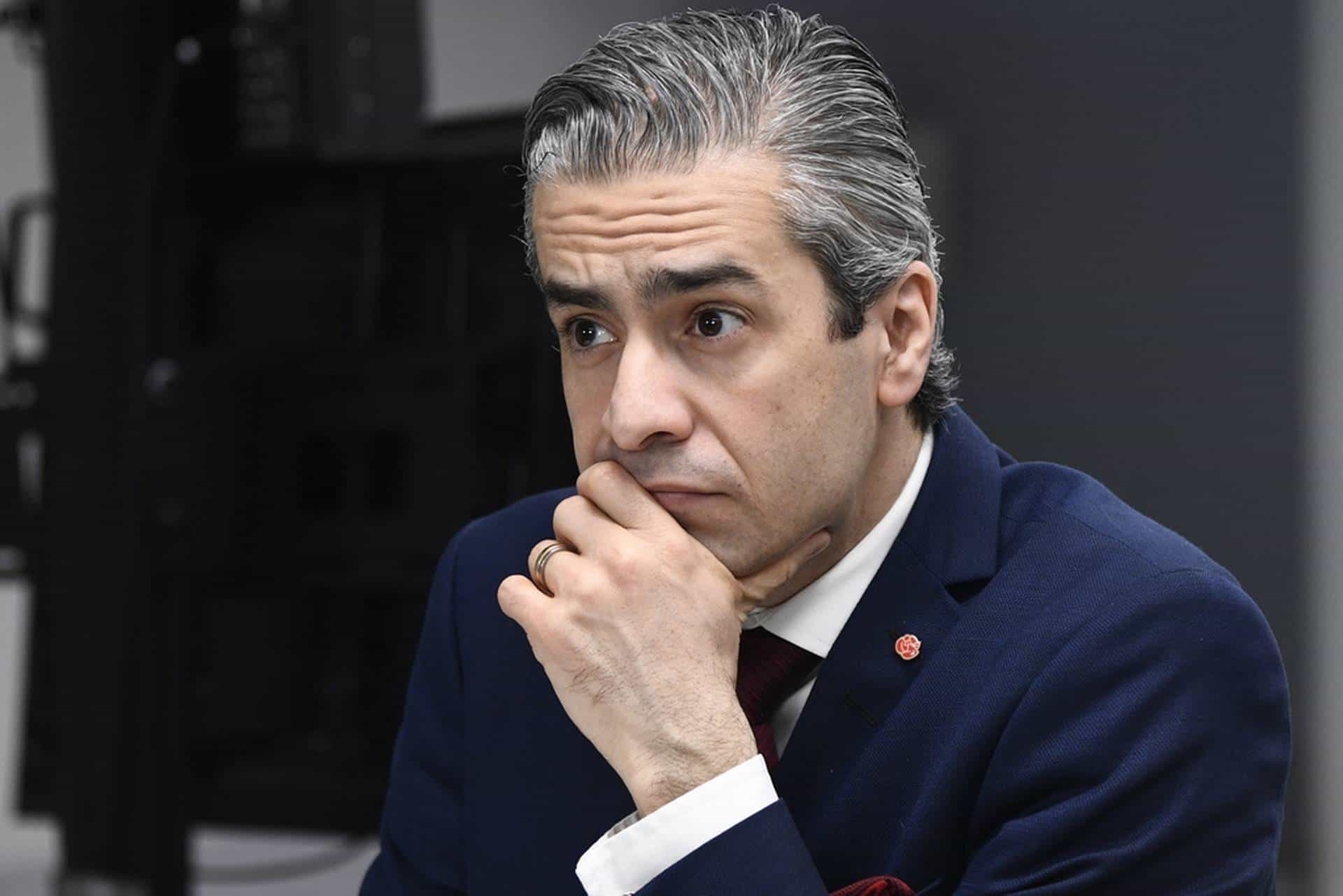Sweden’s Priority Should be Steel Production, Not Bitcoin Mining, Energy Minister Says
Khashayar Farmanbar – Energy Minister of Sweden – believes the nation’s electricity supply should be focused on something “more useful” than bitcoin mining. Over the years, the country has made a name for itself as one of the world’s biggest steel producers, and that is where it should double down efforts, the politician added.
Focus on Traditions, Not Bitcoin
Amidst the energy crisis that reigns across the globe, Sweden’s Energy Minister – Khashayar Farmanbar – urged the local government to devote more electricity to sectors where the nation has leading expertise, such as steel manufacturing, rather than supporting bitcoin miners:
“We need energy for more useful things than bitcoin, to be honest. We are moving from a period of administration to an extreme expansion where our entire manufacturing industry is seeking to electricity.”

Sweden’s steel industry produces over 4.4 Mt of crude steel annually. Swedish steel is also known for having superior quality, and it is widely used in automobile manufacturing and the machine sector. Producing it up to 2013, though, was an energy-intensive process. Consumption deployed in the industry in one year equaled almost 20 TWh (15% of the total annual electricity consumption in the country that year).
In the following years, the authorities made certain amendments, and the demand for energy in the sector decreased by nearly two times. Last year, the Swedish venture Hybrit started manufacturing steel using renewable electricity and hydrogen instead of coal, considered another notable step in making the process greener.
On the contrary, bitcoin is still widely-criticized for its electricity consumption and thus harming the environment. According to some estimations, BTC mining requires more energy than what whole countries like Sweden or Ukraine consume per year.
In conclusion, Farmanbar claimed that deploying electricity to vital industries is even more important nowadays, considering the financial turbulence and the energy crisis that crippled the world:
“There will be bottlenecks, and that means you have to look into whether we are using energy in the best possible ways. Bitcoin mining is what we should be using power for when we can use it for making fossil-free steel, for example? It is not entirely trivial in a free market.”
Bitcoin’s Progress Calls for Regulations
Last summer, the Governor of Sweden’s central bank – Stefan Ingves – claimed that the primary cryptocurrency has emerged to such levels where imposing regulations has become a must:
“When something gets big enough, things like consumer interests and money laundering come into play. So, there is a good reason to believe that regulation will happen.”
Prior to that, the country’s central bank released its first study of a CBDC. However, the authorities said launching an e-krona will be more complicated than initially thought and that the financial product will see the light of day as early as 2026.
